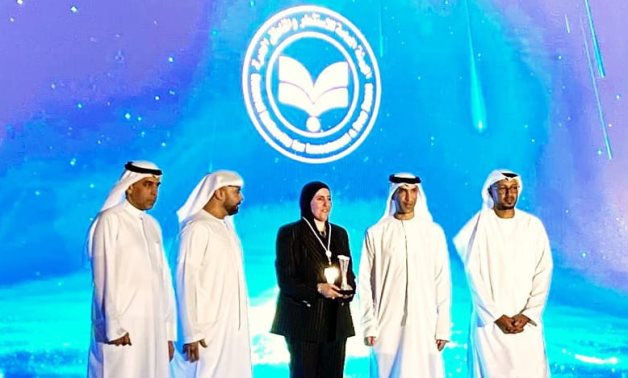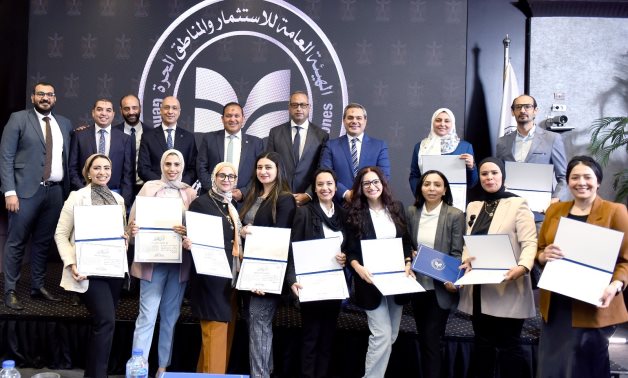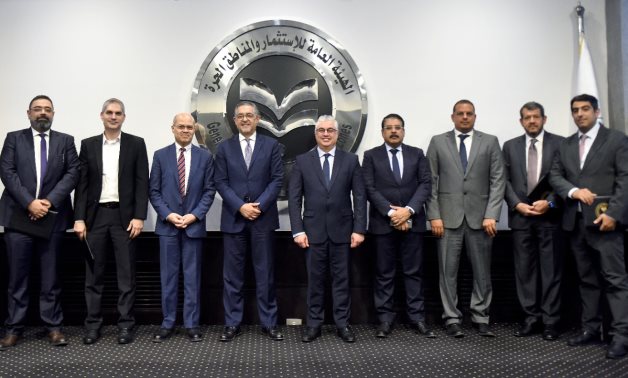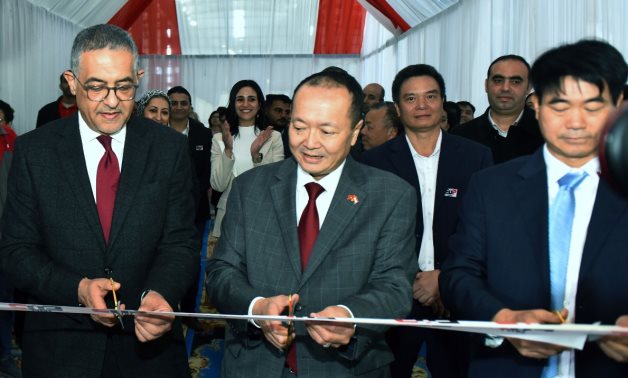GAFI

Hossam Heiba, CEO of the Egyptian General Authority for Investment and Free Zones (GAFI), announced the ambitious target, stating that FDI reached $6 billion in the first half of the previous fiscal year. He added that a recent deal in Ras El-Hekma is expected to further increase the final figure for 2023-2024.

The forum included meetings between Egyptian and British companies.

The signing of the Ras El Hekma deal with the Emirati Holding Company (ADQ) in February, amounting to $35 billion, has played a major role in surpassing the initial expectations.

Heiba made this announcement while participating in a New Development Bank (NDB) seminar in Egypt.

The meeting, chaired by GAFI CEO Hossam Heiba and Hossam Abdel Qader, Head of the Central Entrepreneurship Department, saw the participation of key stakeholders from the private sector

The summit, which aims to explore ways to support the global energy transition, provided a platform for Heiba to highlight the investment opportunities in Egypt's green hydrogen landscape

Heiba stated that the establishment of the unit aligns with the directives of President Abdel Fattah El-Sisi and Prime Minister Mostafa Madbouly to create a dedicated platform to support entrepreneurs and startups

Egypt is also planning to expand its public free zones by doubling the number of cities by adding 11 new locations over the upcoming two years, according to an official from the Urban Communities Authority.

The number of hotel rooms - whether regular or floating - added during the first quarter of 2024 was 4,012.

GAFI's achievements across various sectors played a role in securing this award.

The AfDB funded the project, while GAFI delivered the workshops through Fekretak Sherketak Center.

The objective was to discuss these criteria with the respective ministers before their submission to the cabinet.

Chairman of the General Authority for Investment and Free Zones (GAFI) inaugurated Tuesday the expansions.

The General Authority for Investment and Free Zones (GAFI) issued six golden licenses for investments worth LE5.6 billion upping the total to 29.

Through analyzing the evolution of net foreign direct investments over the past nine years, excluding the COVID-19 period, foreign direct investments entering non-petroleum sectors reached a net flow of $11 billion.

That is in preparation for the investment conference Egypt will hold later this year.

Heiba’s comments are the first confirmation by an Egyptian official since media outlets began publishing reports last week on the potential sale and development of the area

GAFI’s president stressed that the authority is keen to cooperate with HSBC to attract, introduce, and connect more international investors to the growing business opportunities in Egypt

During the meeting, the focus was on establishing cooperation mechanisms that would facilitate seamless economic integration

Chairman of the General Authority for Investment and Free Zones (GAFI) Hossam Heiba inaugurated Wednesday the first 100-percent Vietnamese investment in Egypt.